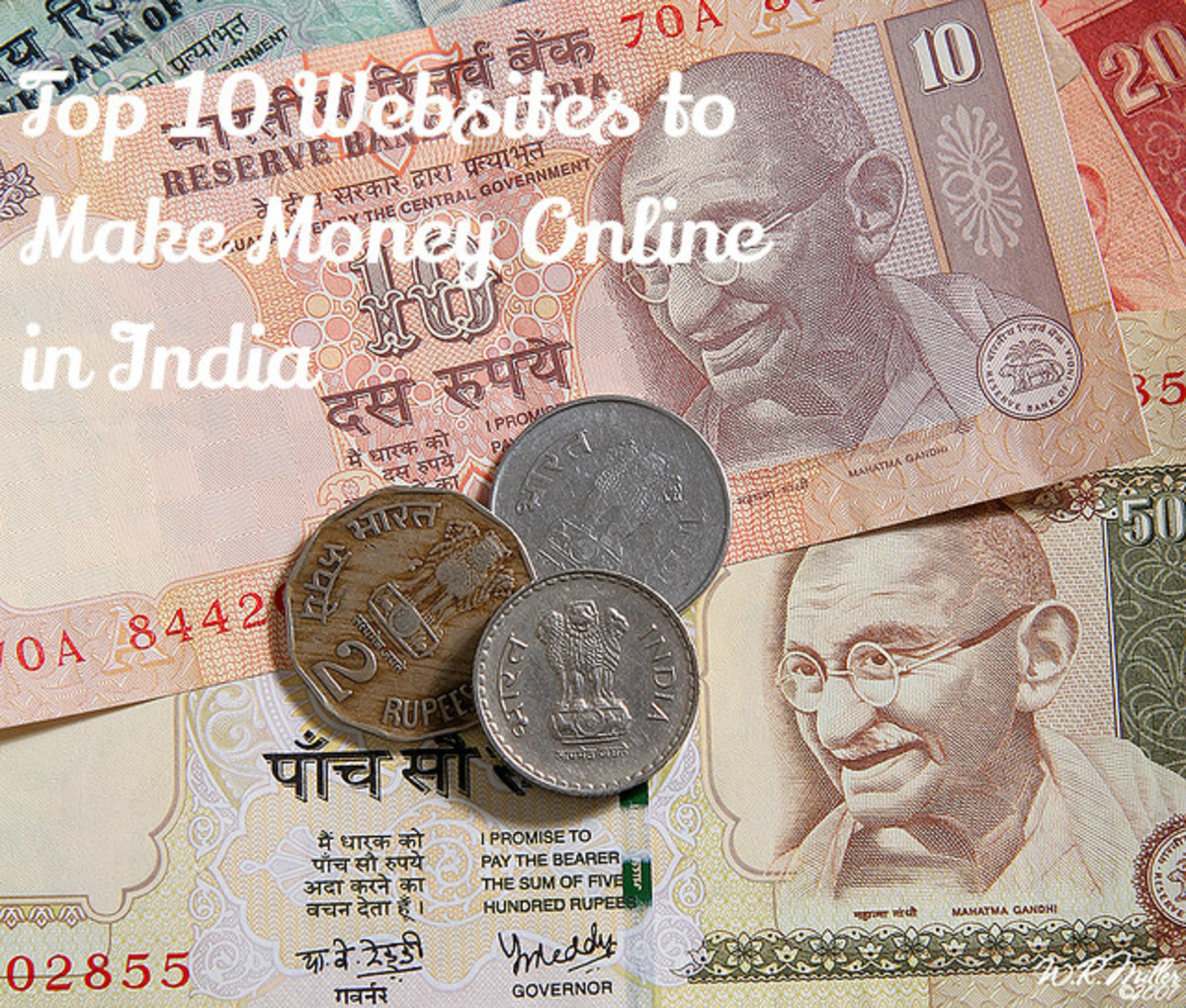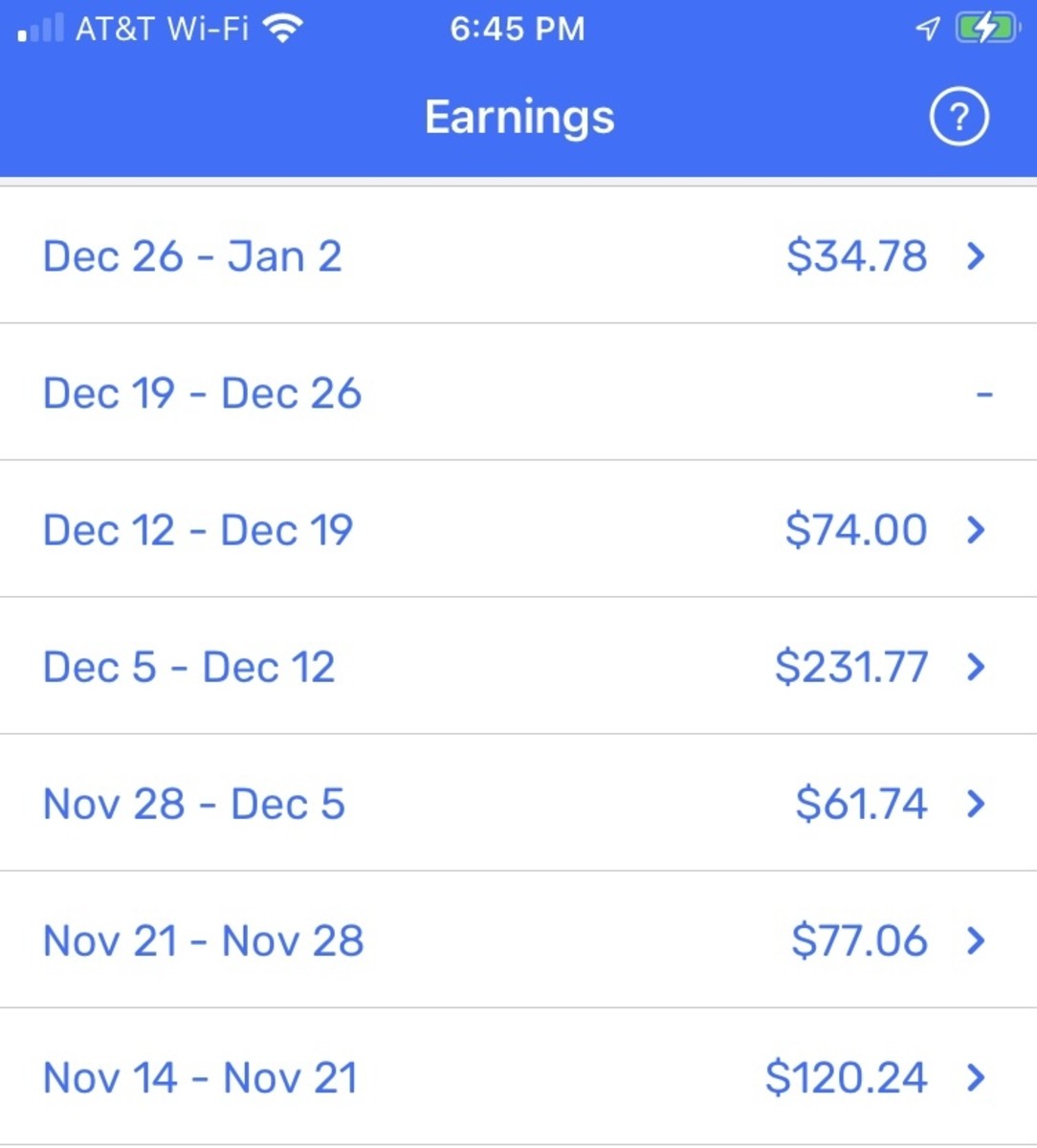Build a Thriving Online Business: How to Monetize Your Content in 2024

Content creation has exploded! From captivating blog posts and hilarious YouTube videos to informative podcasts and trendsetting TikTok accounts, countless individuals are captivating audiences online. This surge can be attributed to several factors, including access to user-friendly content creation tools and the internet's global reach, which allow anyone with an idea to find a massive audience. A shift in audience preferences has also fueled a demand for fresh voices and on-demand, authentic content.
The demand is further fueled by the rise of the creator economy, where content creation has become a viable career path, incentivizing high-quality production. Finally, the flexibility of the modern work environment enables individuals to pursue content creation alongside other endeavors. Yet the question remains, how can you turn that viewership or readership into a revenue stream? The truth is, there's no one-size-fits-all answer. Fortunately, several earnings channels are available to choose from, including strategies that can help maximize your earning potential. Keep reading to learn more.
How to Monetize Your Content Effectively
Content monetization is the process of generating income from digital content such as articles, videos, podcasts, or social media posts. It can be achieved through various methods, as discussed below. The goal is for creators to leverage their target audience and the value of their content to attract advertisers or subscribers and turn them into profits.
Monetization begins by understanding audience demographics, engagement metrics, and trends. It also requires a balance between providing valuable content to audiences and using multiple revenue-generating strategies without compromising user experience. Some of the most popular avenues to explore when it comes to monetizing include:
1. Affiliate Marketing
Imagine earning some money every time someone buys a product you recommend. That's the magic of affiliate marketing. The performance-based marketing strategy enables individuals to earn commissions by promoting products or services of other companies. Participants, known as affiliates, earn a percentage from every sale, click, or lead generated through their promotional efforts, usually via unique tracking links.
For example, you can partner with common affiliate network companies like Impact Radius, ShareASale, Rakuten, Amazon Associates, or Commission Junction (CJ) by signing up for individual programs. Next, grab a unique tracking link for a given product and place it within your content, be it your YouTube video description, podcast show notes, affiliate website, social media bio link, or a dedicated landing page.
When someone clicks your link and makes a purchase, you earn a commission. It's a win-win situation; you get rewarded for promoting valuable products, and your audience discovers something they might find helpful. Some of these networks are particularly lucrative because you can find high-converting products with payout structures that perfectly match your brand.
Note that you need to be very focused so you don’t end up creating content solely for your affiliate rather than your audience. In addition, you require a huge followership because only a few of your readers will click the affiliate link with a much smaller number purchasing.
2. Brand Sponsorships
Have you built a loyal following with a solid brand identity? Brand sponsorships might be a perfect fit for you, especially if you're a social media influencer or have a sizable YouTube or podcast audience. Brand sponsorships involve companies paying content creators/influencers to promote their products or services to the creators' audience.
Creators feature the company in their content either via product placements, endorsements, or dedicated sponsored posts. Brands can target specific demographics and potentially generate sales through the content creator's influence or reach. In exchange for promoting a business's product or service, an influencer receives compensation, which can be a flat fee, pay-per-click structure, or even free products.

3. Advertising
Digital advertising is a very common monetization strategy, especially for bloggers with established websites and high traffic volumes. You essentially offer website space to advertisers in exchange for a fee. It could be in the form of display, native, or video ads. For context, digital ads are promotional messages displayed on numerous online platforms, including websites, social media, search engines, and mobile apps.
They target specific site users based on demographics, interests, or browsing behavior and are paid for by advertisers on a pay-per-click (PPC) or cost-per-impression (CPM) basis.
These ads help advertisers increase brand visibility, drive website traffic, and convert viewers into paying clients. The effectiveness of this strategy depends on your website traffic volume; with a larger audience, you can command higher advertising rates.
4. Selling Your Own Products
If you are a creator with expertise in a particular subject or niche, why not leverage your knowledge and existing audience to create and sell your own products? Many content creators already know how to create valuable digital products like eBooks, video courses, or even software.
You could also explore selling physical products, for instance, merchandise or books directly to your audience. Diversifying your product offerings allows you to cater to different preferences within your audience, potentially expanding your income sources and strengthening your brand presence.
5. Licensing Your Content
If your content is high-quality and very popular, you might be able to get paid for it in another way: licensing. Content licensing is basically renting out your creative work. You grant permission to other websites or brands to use your content, such as images, videos, or blog posts, in exchange for a fee. They get superior content, and you earn money for your creative efforts. This can be a great way to see your work reach a wider audience while generating additional income.
6. Crowdfunding/Donations Through Communities
Building a solid community around your content opens doors to crowdfunding platforms like Patreon or GoFundMe, where you receive financial support directly from the audience. You can offer behind-the-scenes access or early access to content to incentivize your followers to contribute to your ongoing creative endeavors. You then set up a recurring subscription model where they directly support your creation efforts through monthly donations.
7. Subscriptions
Subscription-based models are another excellent way to make money if you have a dedicated following. Users are given access to exclusive content or services in exchange for a recurring fee, typically billed monthly or annually.
Creators curate premium content, such as tutorials, behind-the-scenes footage, or personalized coaching sessions, available only to subscribers. Users opt-in to the subscription model for a steady stream of revenue for creators as you ensure ongoing access to valuable content or experiences. Although establishing and managing subscription-based offerings requires a ton of effort, the payoff can be substantial in terms of long-term revenue growth and customer loyalty. Netflix and New York Times continue to generate recurring revenue in the millions/billions through subscriptions.

Additional Content Monetization Ideas
Content creators can also explore other monetization avenues. For example, you can sell online courses or workshops to share your expertise or use your knowledge within your line of work and provide consulting services.
If you have an artistic side, you can design and sell branded merchandise such as t-shirts, mugs, or other products. Consider sponsored content, too. It involves collaborations between content creators and brands, where creators promote products or services within their content in exchange for compensation.
Content Monetization Verdict: Which is Best?
There's no single "best" way to monetize your content; the ideal strategy depends on your specialty, audience demographics, and content format. Further you must experiment with different approaches to see what resonates most with your viewers or readers.
That said, affiliate marketing, community memberships, advertising, and brand sponsorships are considered the most versatile and lucrative ways to make money online.
Their low barrier to entry and passive income potential enable creators to monetize their content while providing value to their audience. The good news is that user-friendly platforms are at your disposal across the web to help you plunge into content monetization.
Errors to Avoid When Monetizing Your Content
In a bid to get started quickly, you can easily find yourself making mistakes that may land you in problems. They include:
-
breaking rules or the law
-
concentrating on wrong metrics
-
tricking your audience
You can steer clear of these mistakes by upholding best practices. Some of which are:
-
Knowing and understanding your audience
-
Thoroughly comprehending relevant metrics
-
Recognizing your worth

Summary
With these content monetization eye openers, turn your content creation passion into a profitable endeavor today. After all, you now know how to monetize your content!.
This content is accurate and true to the best of the author’s knowledge and is not meant to substitute for formal and individualized advice from a qualified professional.
© 2024 Carole Mireri



